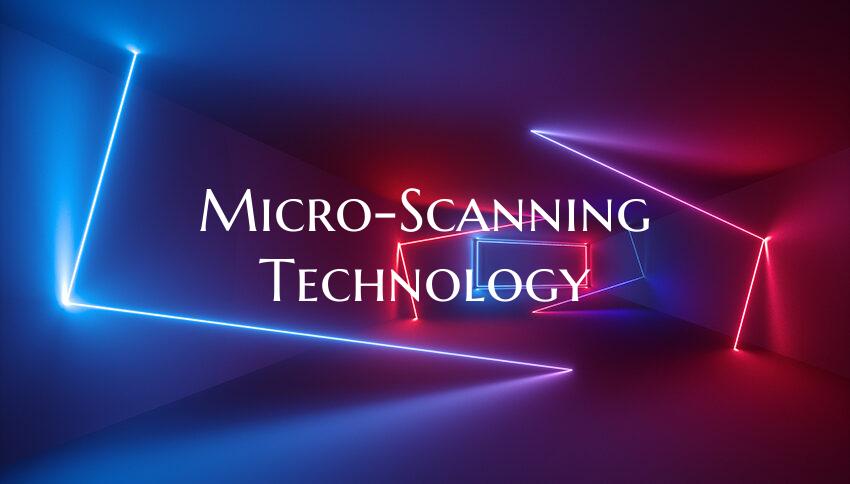Micro-Scanning Technology
In today's rapidly evolving technological landscape, one term that is gaining momentum is "micro-scanning technology." This advanced technology is revolutionizing various industries by enabling precise and high-speed scanning capabilities at a microscopic level. In this article, we will delve into the fascinating world of micro-scanning technology, exploring its applications, benefits, and potential implications for the future.
At its core, micro-scanning technology involves the use of miniature scanning devices that can capture detailed images and data with exceptional accuracy. These devices utilize sophisticated mechanisms and sensors to scan tiny objects or surfaces with precision, offering insights that were previously unattainable.
One of the key applications of micro-scanning technology is in the field of biomedical imaging. Researchers and medical professionals are leveraging this technology to visualize biological samples at a cellular level, aiding in the diagnosis and treatment of various diseases. By providing detailed images of tissues, cells, and molecules, micro-scanning technology is enhancing our understanding of the human body and opening new avenues for medical advancements.
In addition to healthcare, micro-scanning technology is finding applications in fields such as material science, nanotechnology, and manufacturing. By enabling researchers to analyze and manipulate materials at a micro scale, this technology is driving innovations in product development, quality control, and scientific research.
One of the primary benefits of micro-scanning technology is its ability to improve accuracy and efficiency in data collection. Traditional scanning processes often face limitations in capturing intricate details or working with small objects. With micro-scanning technology, these limitations are overcome, allowing for more precise and reliable results.
Furthermore, the high-speed capabilities of micro-scanning technology are enhancing productivity in various industries. By automating scanning processes and reducing the time required for data acquisition, organizations can streamline their operations and achieve faster turnaround times.
Looking ahead, the future of micro-scanning technology appears promising, with ongoing advancements in sensor technology, artificial intelligence, and machine learning. These developments are expected to further enhance the capabilities of micro-scanning devices, opening up new possibilities for applications across multiple sectors.
In conclusion, micro-scanning technology represents a groundbreaking innovation that is reshaping how we perceive and interact with the world at a microscopic level. As this technology continues to evolve and expand its reach, we can anticipate exciting developments that will propel progress in science, healthcare, engineering, and beyond. The possibilities are truly endless in the realm of micro-scanning technology, offering a glimpse into a future where precision and efficiency converge to drive unprecedented advancements.

